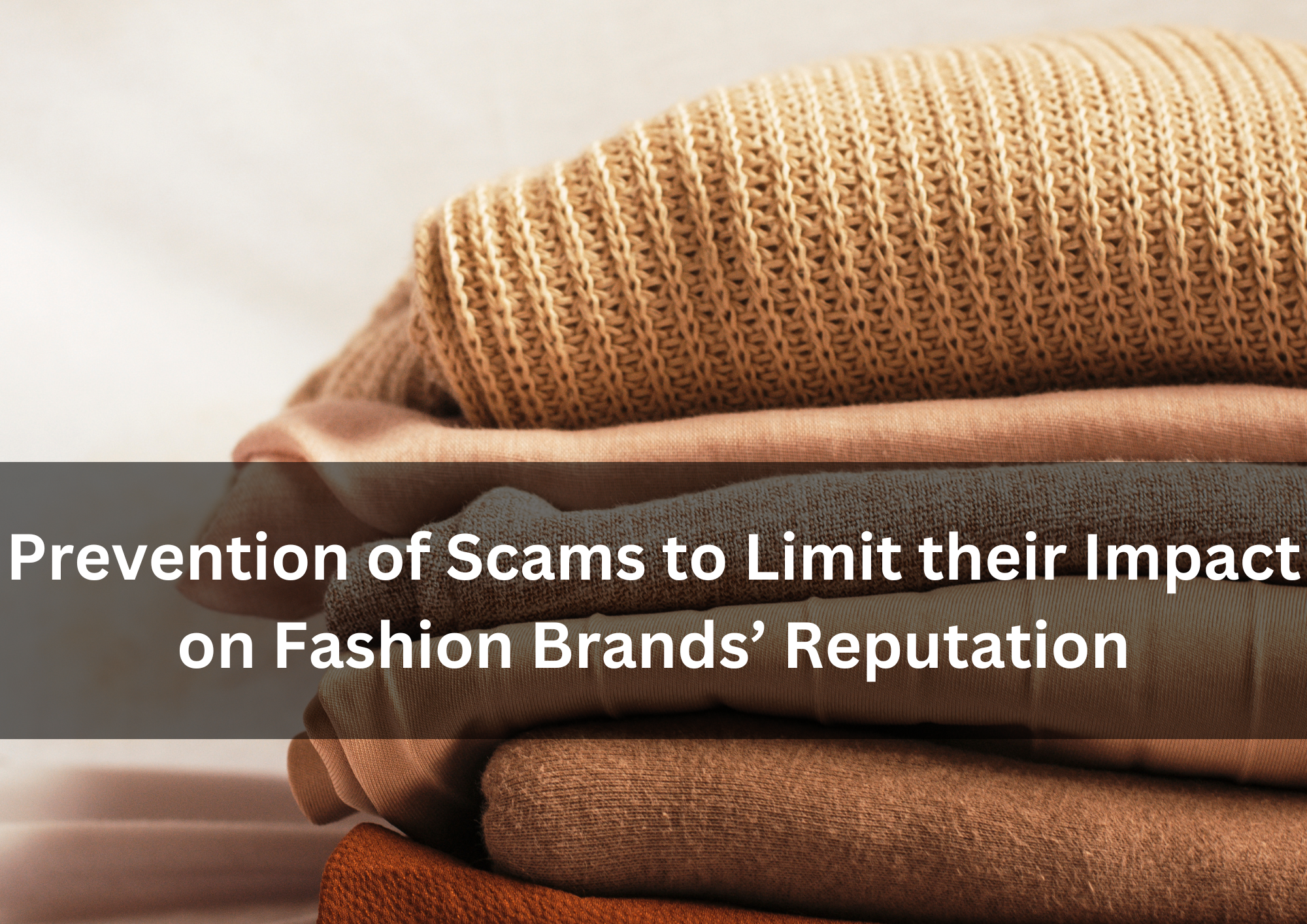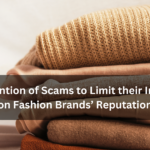

Prevention of Scams to Limit their Impact on Fashion Brands’ Reputation
The occurrence of a scam can affect the reputation of a brand. Particularly in the fashion sector, the instance can limit an audience from relying on such a brand. As per Mansi Gupta, the CEO of Tjori scam should be restricted at every level possible. The well-known entrepreneur adds that since the reputation of a brand can serve a major role in representing it, it is only in the best interest to prevent fraud. In order to restrict them, measures should be critically applied. Also, their planning and application should depend on the type of fraud. In addition, irrespective of the occurrence or its possibility being major or minor, measures should be employed to control it.
Impact of Scams on the Reputation of Fashion Brands
A scam can negatively influence the reputation associated with a fashion brand. The degree of this influence can differ in accordance with the kind of scam as well as the scale on which it has occurred, as is put forth by Mrs. Gupta.
Breaching the Trust of Customers
When a scam takes place, it can hinder the trust invested by a set of customers. This aspect can be greatly impacted when online fraud occurs. According to Mansi Gupta, the Founder of Tjori scam can happen digitally, making the audience receive counterfeit clothing, incorrect products, or no deliveries once the payment has been received. Such instances can only alter their faith.
Limiting New Customers
Given that a brand in the fashion industry is associated with fraud, it may not invite new customers. They may not show any preference for it to refrain from being cheated or affected. Assuming that a venture is completely new or in an emerging state, its association with fraud can turn out to be a major obstacle in its further development and the growth of its customer base.
Effect on Reputation in the Real World
Scams may disrupt the reputation of a brand digitally, however, a negative word of mouth in the fashion sector can result in losses beyond. Thus, in the real world too, its repute can undergo severe damage. When the word of mouth is negatively spread, it can bring greater damage than the one in the digital realm.
A Gradual Reduction in Customers’ Loyalty
Fraudulent practices can destroy the repute of a fashion brand to an extent that its existing base of loyal customers may shrink. With time, this base can considerably shorten. As a consequence of the same, the particular venture may gradually witness stagnant or reduced sales.
As sales become limited, the venture may run into losses.
Its revenue may be hindered.
Considering that the venture lacks financial backup, it can see further hardships.
Along with these, its ability to invest in new initiatives, projects, or measures may become limited.
Attracting Fewer Investors
It is possible that a fashion venture may attract a limited number of investors when its image has been affected by scams, fraud, etc. Such an image can give an incorrect perception to investors. It may hint to them that connecting with and investing in the products of a particular venture may only result in losses.
Measures for the Prevention of Scams in the Fashion Sector
Considering the viewpoint of Tjori, scams in the fashion sector can be prevented with the adoption of strong internal measures. Thus, the core team representing the brand should preach ethics and values such as transparency, honesty, as well as integrity.
⦁ Alongside these, fashion ventures should strengthen their supply chain processes.
⦁ These processes should be devoid of fraud and have verified suppliers.
⦁ It is integral to conduct thorough audits in the supply chain.
⦁ Aside from this, brands that feature online stores should ensure the security of:
⦁ Customers’ information,
⦁ And, the payment gateways used by customers.
⦁ Fraud detection measures should be essentially applied.
⦁ These measures will help in quickly detecting scams as well as the sources that have been their root cause.
⦁ It will additionally be of help if ventures educate their audiences about:
⦁ Preferring secure shopping practices.
⦁ Using authentic platforms to place their orders.
⦁ Selecting trusted mediums to pay for apparel and accessories.
⦁ In case counterfeiting takes place, brands should educate customers to connect with them.
⦁ By reporting counterfeit products to ventures, the required action can be implemented.
⦁ Other regulatory compliance measures should also be considered by brands to restrict scams in the fashion sector.
In the Final Observation,
As per top entrepreneurs such as Mansi Gupta, fraud can occur in the fashion industry. For the Founder of Tjori, scams should be limited, regardless of their intensity. Their root cause can be traced in order to restrict them. Furthermore, implementing a range of measures can ensure the successful prevention of fraudulent practices and the retained trust of customers.
















Post Comment